Narvel Roth is a meticulous horticulturist who is devoted to tending the grounds of a beautiful estate and pandering to his employer, the wealthy dowager Mrs. Haverhill. When she demands […]
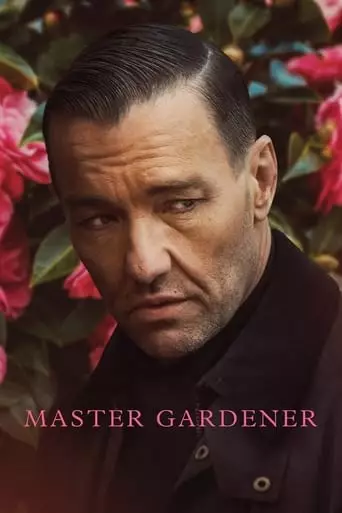
Narvel Roth is a meticulous horticulturist who is devoted to tending the grounds of a beautiful estate and pandering to his employer, the wealthy dowager Mrs. Haverhill. When she demands […]
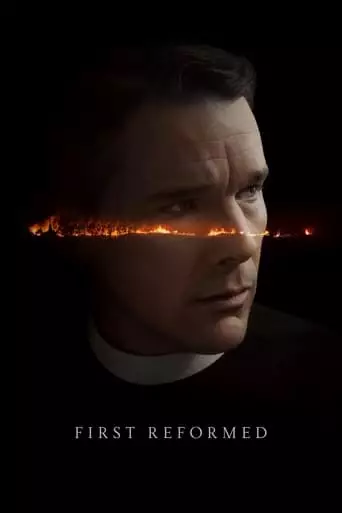
A pastor of a small church in upstate New York starts to spiral out of control after a soul-shaking encounter with an unstable environmental activist and his pregnant wife. First […]
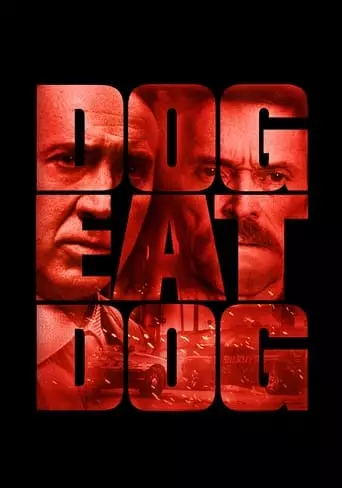
Carved from a lifetime of experience that runs the gamut from incarceration to liberation, Dog Eat Dog is the story of three men who are all out of prison and […]
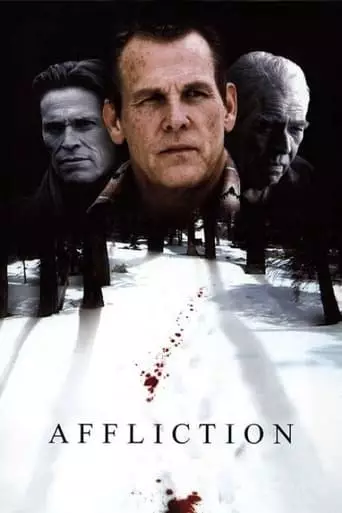
A small town policeman must investigate a suspicious hunting accident. The investigation and other events result in him slowly disintegrating mentally.
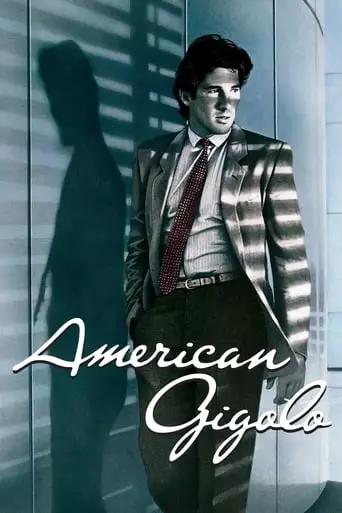
Julian makes a lucrative living as an escort to older women in the Los Angeles area. He begins a relationship with Michelle, a local politician’s wife, without expecting any pay. […]
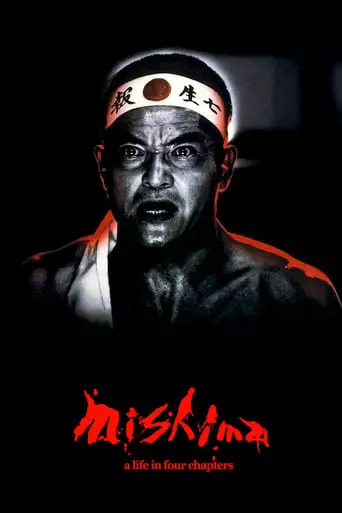
A fictional account of the life of Japanese author Yukio Mishima, combining dramatizations of three of his novels and a depiction of the events of November 25th, 1970.
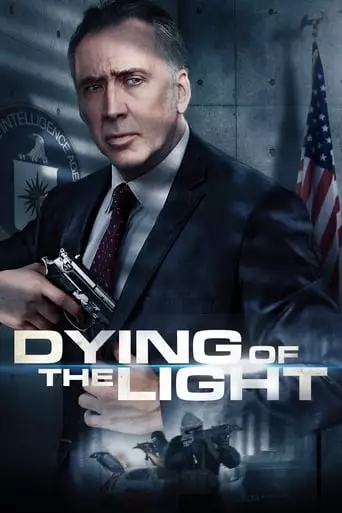
Evan Lake, a veteran CIA agent, has been ordered to retire. But when his protégé uncovers evidence that Lake’s nemesis, the terrorist Banir, has resurfaced, Lake goes rogue, embarking on […]
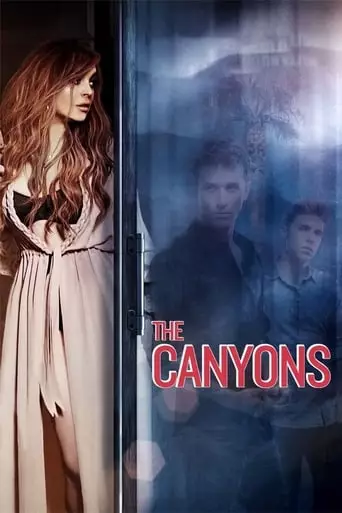
The discovery of an illicit love affair leads two young Angelenos on a violent, sexually charged tour through the dark side of human nature.
Paul Schrader: The Master of Moral Conflict and Existential Despair
Paul Schrader, born on July 22, 1946, in Grand Rapids, Michigan, is a revered American filmmaker, screenwriter, and critic. Known for his deep, often unsettling explorations of morality, spirituality, and self-destruction, Schrader has left an indelible mark on the landscape of modern cinema.
Best known for writing iconic screenplays like Taxi Driver (1976) and Raging Bull (1980) and directing critically acclaimed films such as American Gigolo (1980), Mishima: A Life in Four Chapters (1985), and First Reformed (2017), Schrader’s work is marked by its profound philosophical depth and a commitment to uncompromising storytelling.
Early Life and Influence of Calvinism
Raised in a strict Calvinist household, Schrader was heavily influenced by the moral rigor and theological teachings of his upbringing. His early exposure to religious themes instilled in him a fascination with the struggle between faith and human frailty—a recurring motif in his films.
Schrader did not watch movies until his late teens, as they were forbidden in his household. After breaking away from his upbringing, he studied at Calvin College and later pursued film studies at UCLA. His critical essays, particularly his seminal work Transcendental Style in Film: Ozu, Bresson, Dreyer (1972), reflected his academic rigor and his deep interest in the spiritual dimensions of cinema.
Breakthrough as a Screenwriter
Schrader first gained recognition as a screenwriter, crafting scripts that explored alienation, obsession, and redemption.
Taxi Driver (1976):
Directed by Martin Scorsese, this tale of a mentally unstable cab driver in New York City became a cultural phenomenon.
Impact: Schrader’s script, inspired by his own feelings of loneliness and depression, created one of cinema’s most iconic antiheroes, Travis Bickle, played by Robert De Niro.
Raging Bull (1980):
Another collaboration with Scorsese, this biographical drama about boxer Jake LaMotta is hailed as one of the greatest films ever made.
Schrader’s writing delved into themes of self-destruction and redemption, enhanced by Scorsese’s visceral direction.
The Last Temptation of Christ (1988):
Adapted from Nikos Kazantzakis’s novel, Schrader’s screenplay reimagined the life of Jesus as a deeply human struggle.
While controversial, it underscored Schrader’s lifelong interest in spiritual conflict.
Directorial Debut and Rise as a Filmmaker
Schrader’s directorial career began with Blue Collar (1978), a socially charged drama about auto workers who rob their union. The film combined sharp social critique with gripping storytelling, establishing Schrader as a formidable director.
Signature Films as a Director
American Gigolo (1980):
Starring Richard Gere, this neo-noir drama explored themes of identity, power, and moral corruption in the world of a male escort.
Its sleek visual style and Giorgio Moroder’s score became cultural touchstones.
Mishima: A Life in Four Chapters (1985):
A visually stunning examination of the life and philosophy of Japanese author Yukio Mishima.
Blended biographical drama with abstract, theatrical set pieces, earning critical acclaim for its bold storytelling.
Affliction (1997):
A harrowing portrait of a small-town sheriff (played by Nick Nolte) grappling with family trauma and personal failure.
Earned Nolte an Academy Award nomination and Schrader widespread praise for his nuanced exploration of masculinity and despair.
First Reformed (2017):
A career-defining comeback, this meditative drama stars Ethan Hawke as a pastor wrestling with ecological and existential crises.
Themes: A synthesis of Schrader’s spiritual preoccupations, blending elements of Bresson, Bergman, and his own personal ethos.
Recognition: Nominated for an Academy Award for Best Original Screenplay and hailed as one of the decade’s finest films.
Recurring Themes and Style
Schrader’s films often center on isolated, morally conflicted protagonists struggling against internal and external forces:
Moral Ambiguity: His characters, such as Travis Bickle or Reverend Toller, grapple with existential dilemmas and moral quandaries.
Spiritual Exploration: Deeply influenced by his Calvinist roots and love for transcendental filmmakers, Schrader’s work frequently delves into questions of faith, redemption, and human suffering.
Formal Restraint: Drawing from European auteurs like Bresson and Ozu, Schrader’s style emphasizes minimalism and introspection, using deliberate pacing and sparse compositions.
Violence and Redemption: Many of his films depict violence as both a destructive force and a potential path to salvation or catharsis.
Challenges and Controversies
Schrader’s uncompromising vision has sometimes led to clashes with studios and critics:
Films like The Canyons (2013), a controversial collaboration with Bret Easton Ellis and Lindsay Lohan, received mixed reviews.
His often blunt opinions and refusal to adhere to Hollywood conventions have earned him a reputation as both a maverick and a polarizing figure.
Legacy and Influence
Paul Schrader’s contributions to cinema have been immense, influencing generations of filmmakers and screenwriters. His fearless exploration of humanity’s darkest corners and his commitment to pushing the boundaries of narrative and form have made him a singular voice in film.
While his work is often challenging, it is also profoundly rewarding, offering insights into the complexities of the human spirit and the search for meaning in a chaotic world.
Conclusion
Paul Schrader remains a titan of modern cinema, celebrated for his intellectual rigor, emotional depth, and unrelenting pursuit of truth. From his groundbreaking screenplays to his evocative directorial efforts, Schrader’s career is a testament to the power of cinema as a medium for existential exploration and moral inquiry.